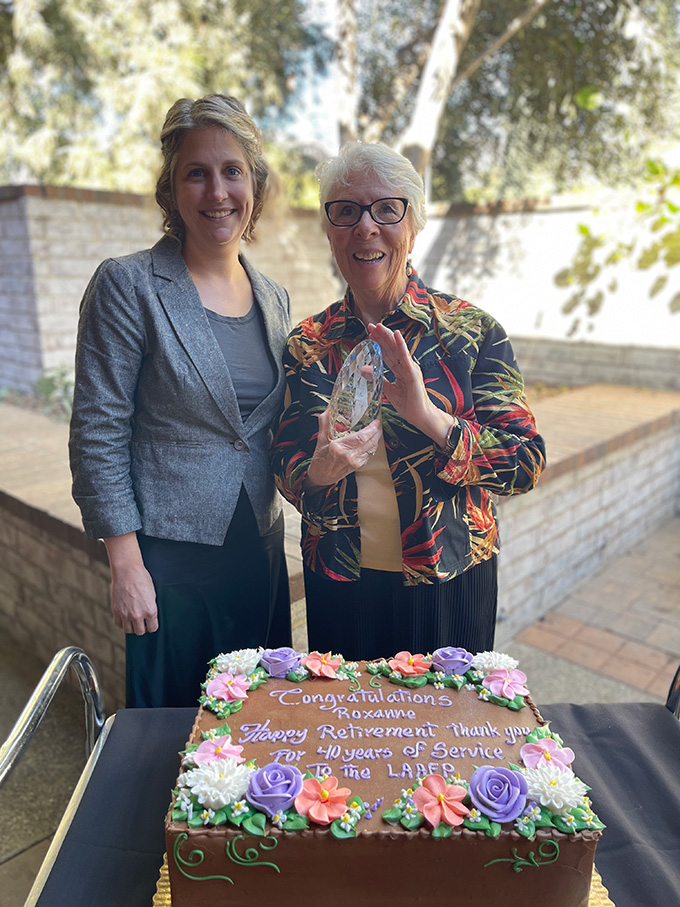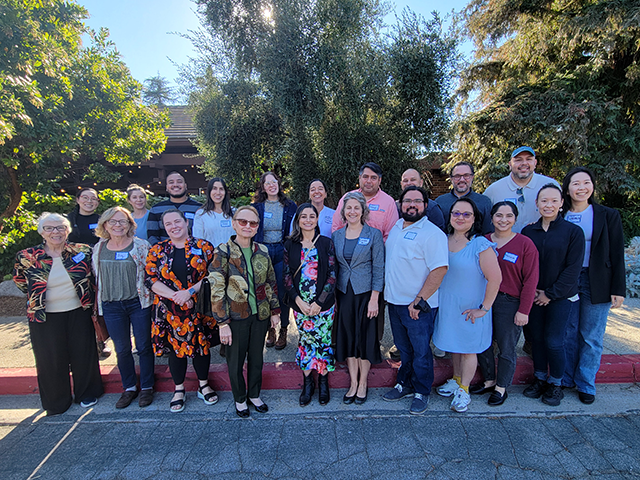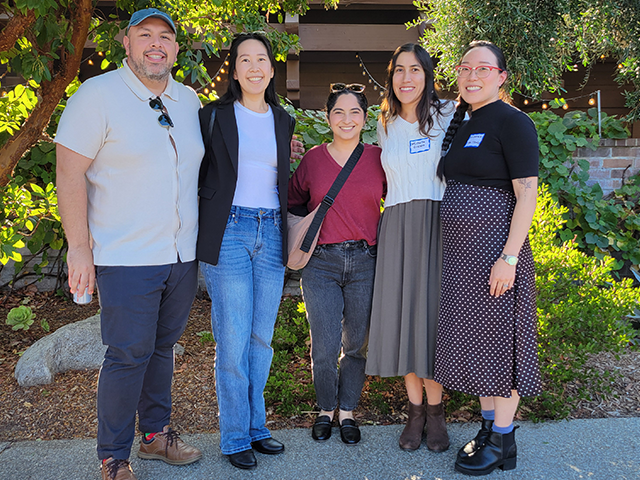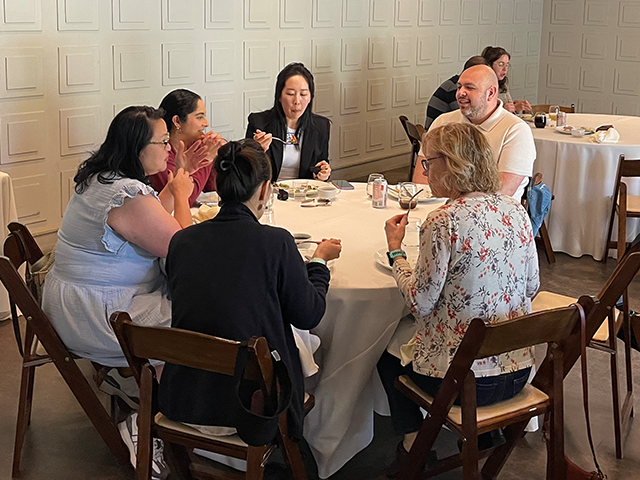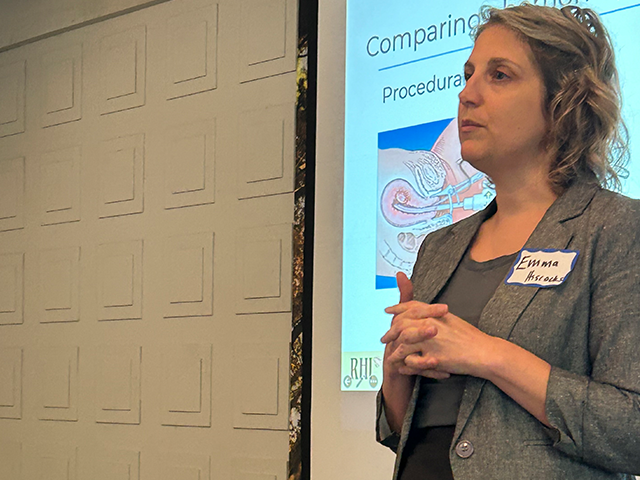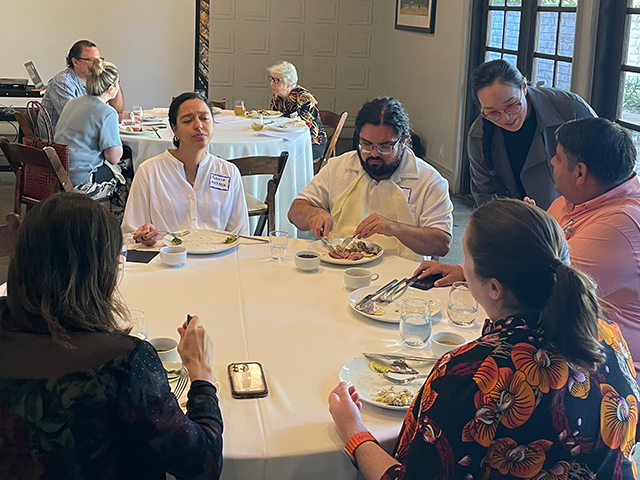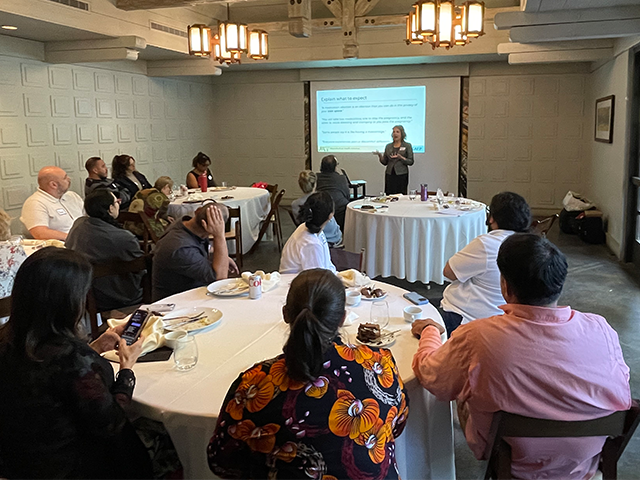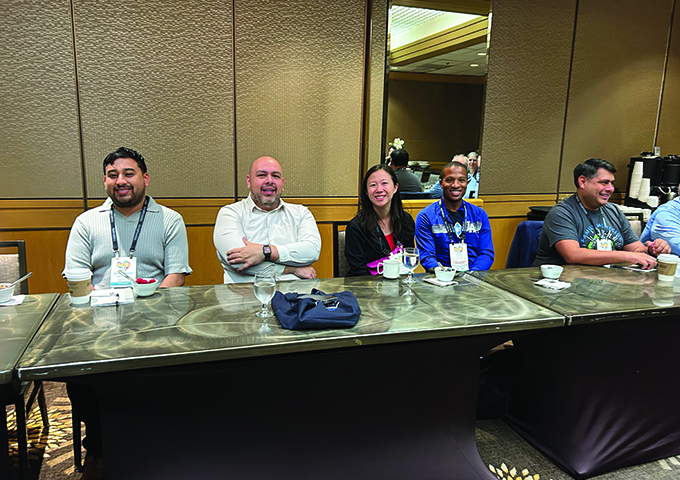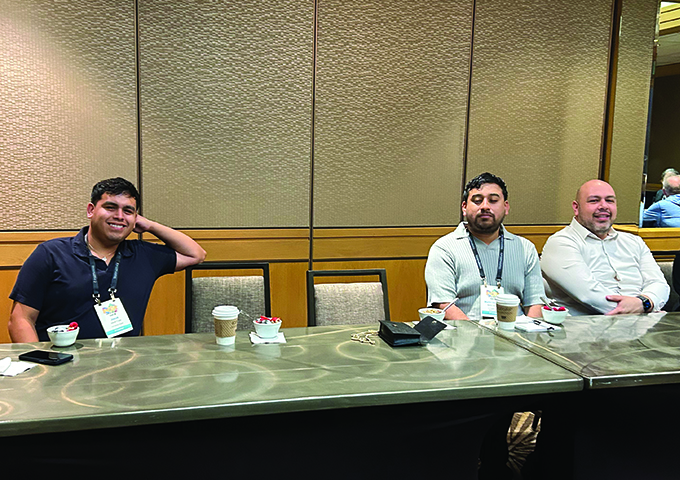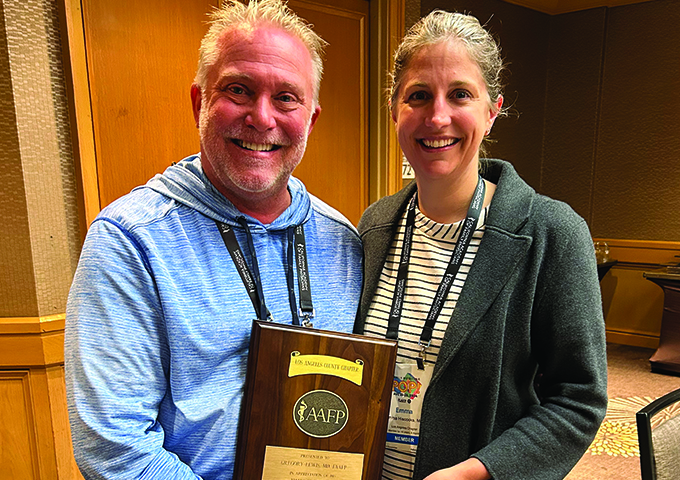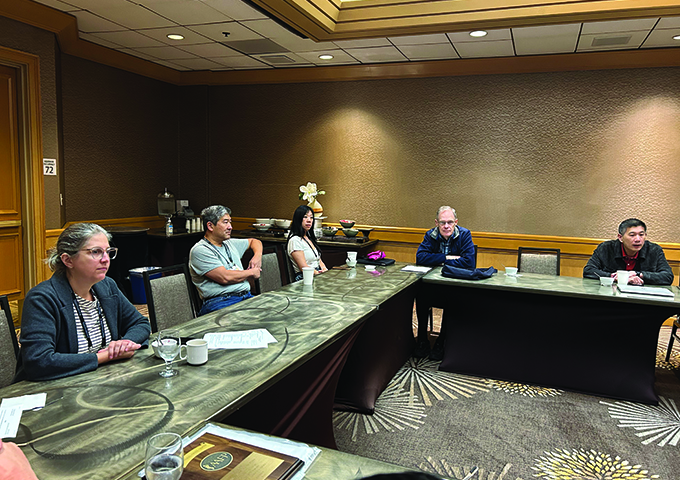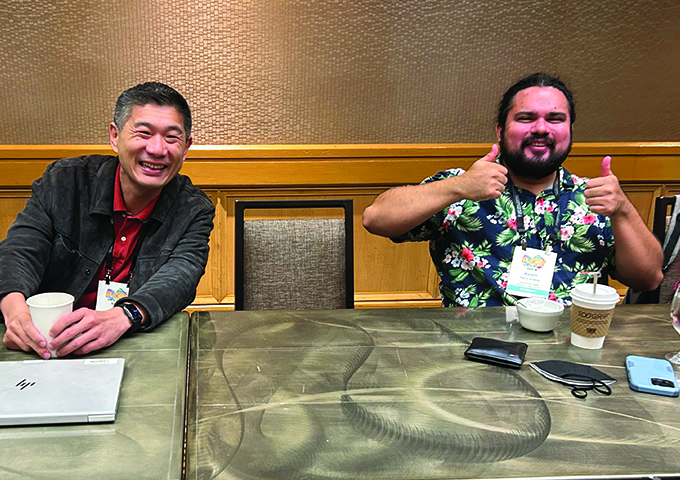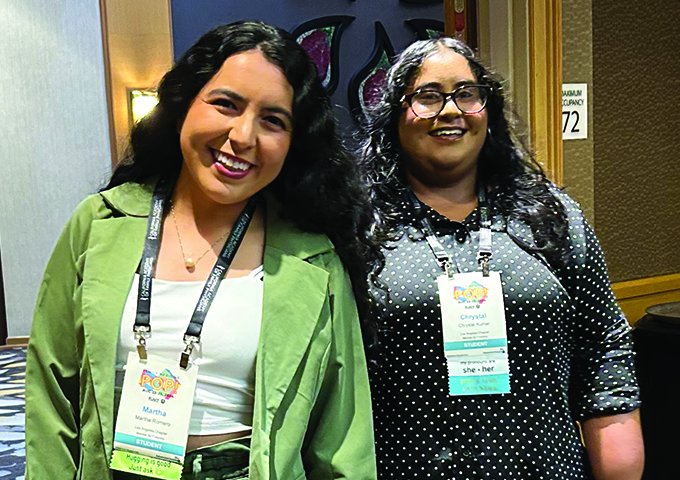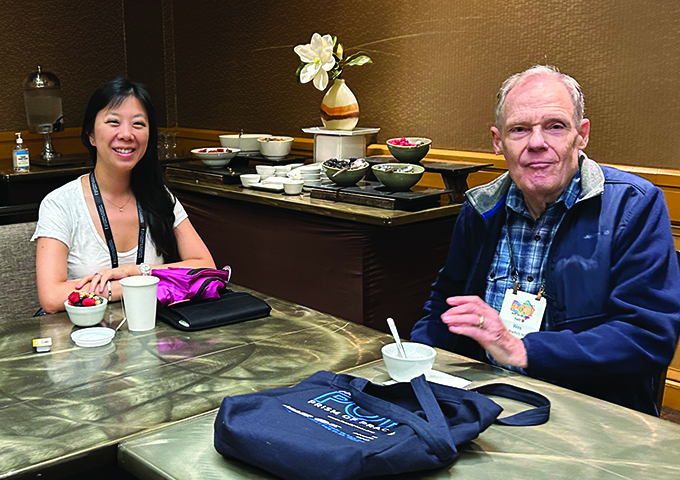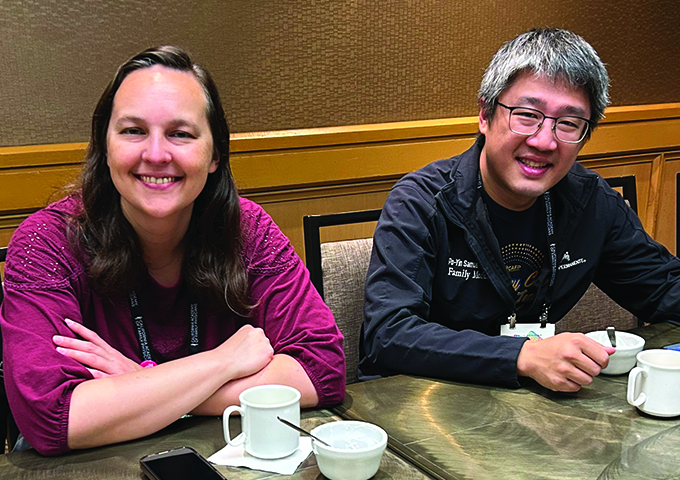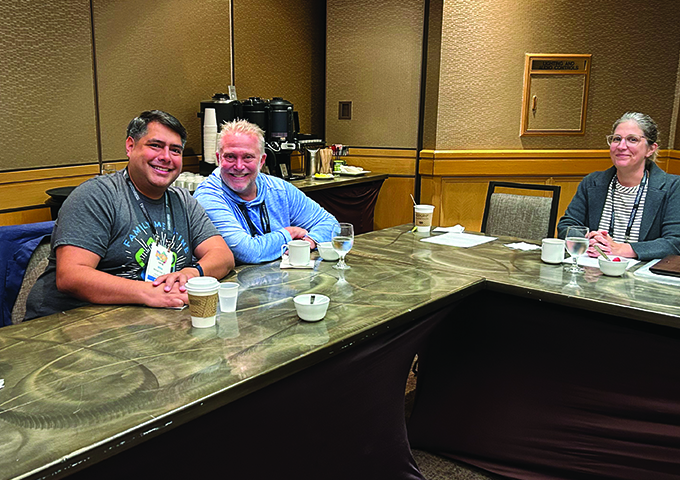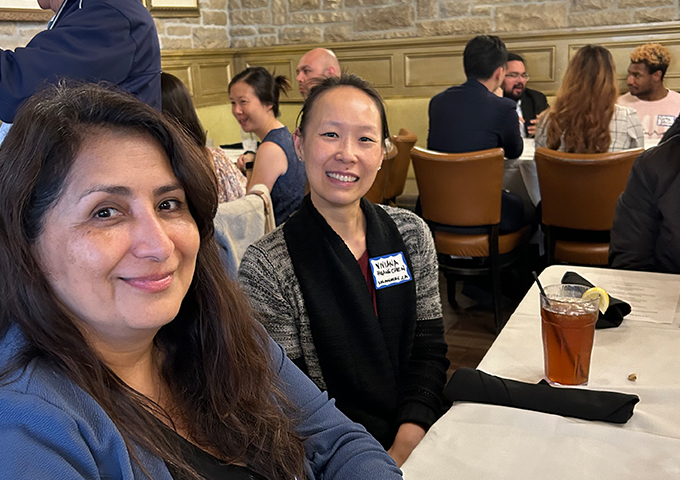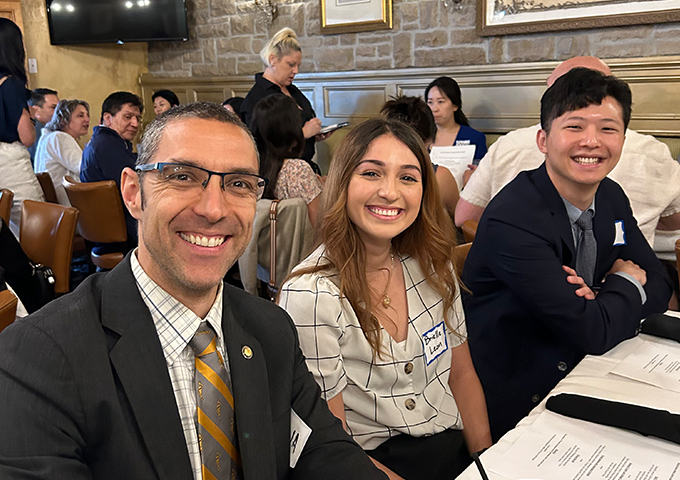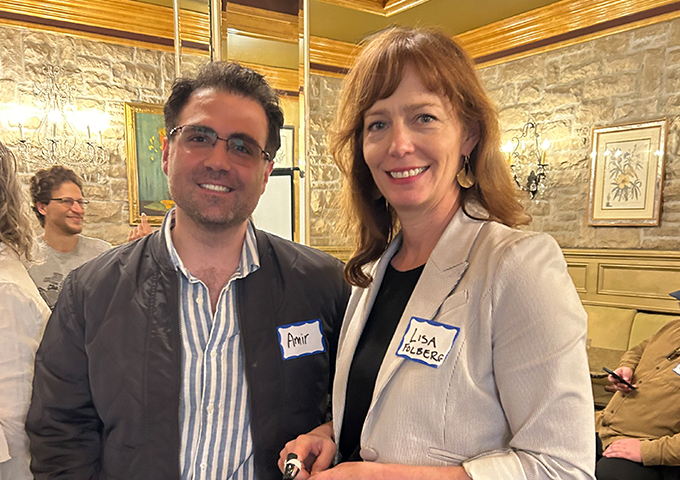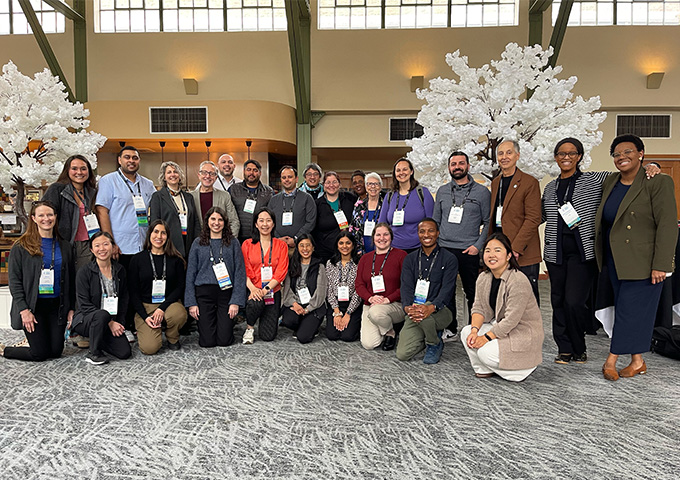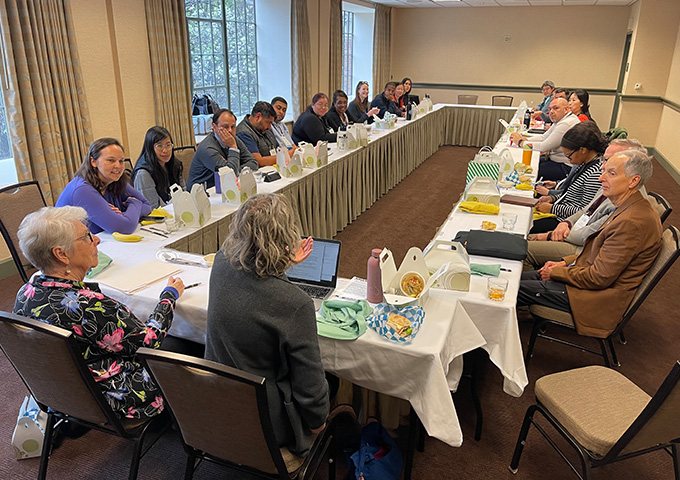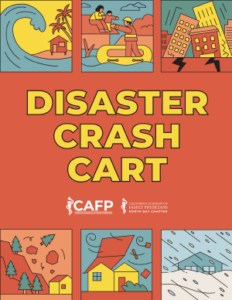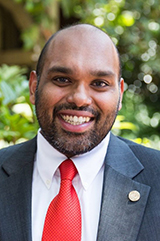
Jerry Abraham, MD, MPH, CMQ
Onward we march…
I’ve been focusing my career in Family Medicine on advocating for and providing high quality health care to people with various challenges to health including caring for people with housing insecurity, histories of incarceration, severe mental illness, and substance use disorders. As the Director of Kedren Vaccines in South Los Angeles, I have worked to ensure equitable vaccine distribution including providing over 300,000 people with COVID-19 vaccines during the pandemic. When COVID-19 vaccines started to become available to healthcare workers, I noticed that vaccines were going to healthcare centers such as Kaiser Permanente, Cedars-Sinai, and UCLA Health but none were going to Kedren or small and solo physician practices, especially those serving the black and brown community and where black and brown healthcare workers serve patients. In response, I did what anyone of us would do, I drove down to the Department of Public Health and demanded vaccines for my staff and patients. When vaccines became available to the general public, I fought to ensure we prioritized the clinic’s supply of vaccines for my patients living in South LA who were dying of COVID-19 at higher rates than people in other zip codes. I ensured equitable vaccine distribution by using data and piloting a program where if one person in a home was eligible for the vaccine, everyone in the home would get vaccinated as well. It’s not rocket science!
These skills and resources are not unique to me and are quite common within our profession and guild as Primary Care Physicians. While there is still a long way to go to improve advocacy education in medical school and residency, we can bring with us our life experiences and training from other domains of our lives to be better patient advocates and community leaders – fulfilling our professional duty and obligation to humanity. I think it is important for each of us to supplement our perspectives and callings as physicians with other disciplines including public health, business administration, public policy, education, engineering, pursuing a PhD, among others. For example, I pursued a Master of Public Health prior to medicine and worked as a global health injury epidemiologist: studying injury prevention looking at car accidents, homicides and suicides, gun violence, and domestic violence in low and middle-income countries such as countries in Sub-Saharan Africa. These skills of collecting and analyzing data and then using that information to inform policy are skills I still harness and employ as a physician advocate. These are the same skills that I continue to use as I pivot from COVID-19 and look further and beyond…together, we can champion climate justice, advocate for the democratization of healthcare, expand access to care, tackle housing insecurity, achieve racial justice and health equity!
It’s not all roses and it doesn’t come naturally—like most things—practice makes better. That’s why attending legislative advocacy days with CAFP and CMA are critical to shoring up and using these skills we have built up in our arsenal. After all, what good are these skills if we don’t use them for good and to make a positive impact. The community of leaders and advocates that we surround ourselves with inspire us and motivate to strive for better and to keep on the path to victory and progress—that’s why your membership and involvement in organized medicine and our specialty society matters—this is our professional legacy!
The last thing I’ll leave you with, we can’t help others if we can’t help and care for ourselves. Physicians are human; we need rest and we need to prioritize our own health as well. Part of being an excellent advocate for our patients, is learning to advocate for ourselves and our professions also. Some may argue these are in direct conflict with one another, but the truth is we should never be ashamed to advocate for ourselves and our profession and we owe it to ourselves and future generations of physicians because ultimately, each of us and countless future physicians will continue to care for and positively impact the lives of countless many—and you can’t put a price on that. See you at AMAM and CMA Advocacy Day this Spring—until then, onward we march toward justice and equity!

